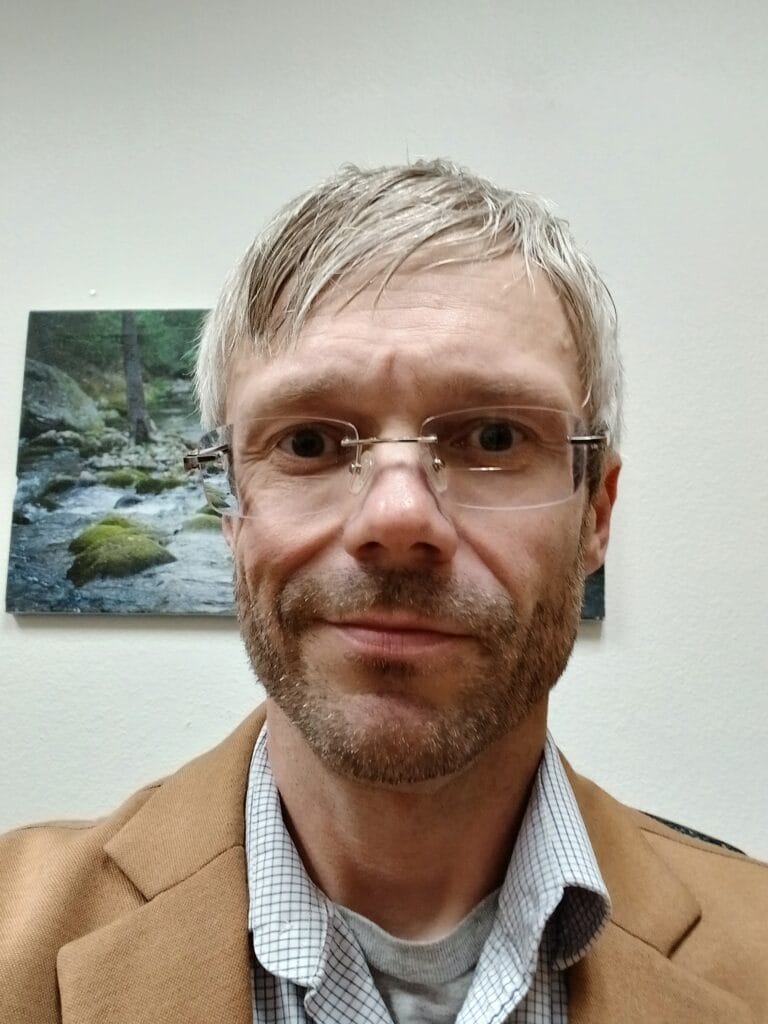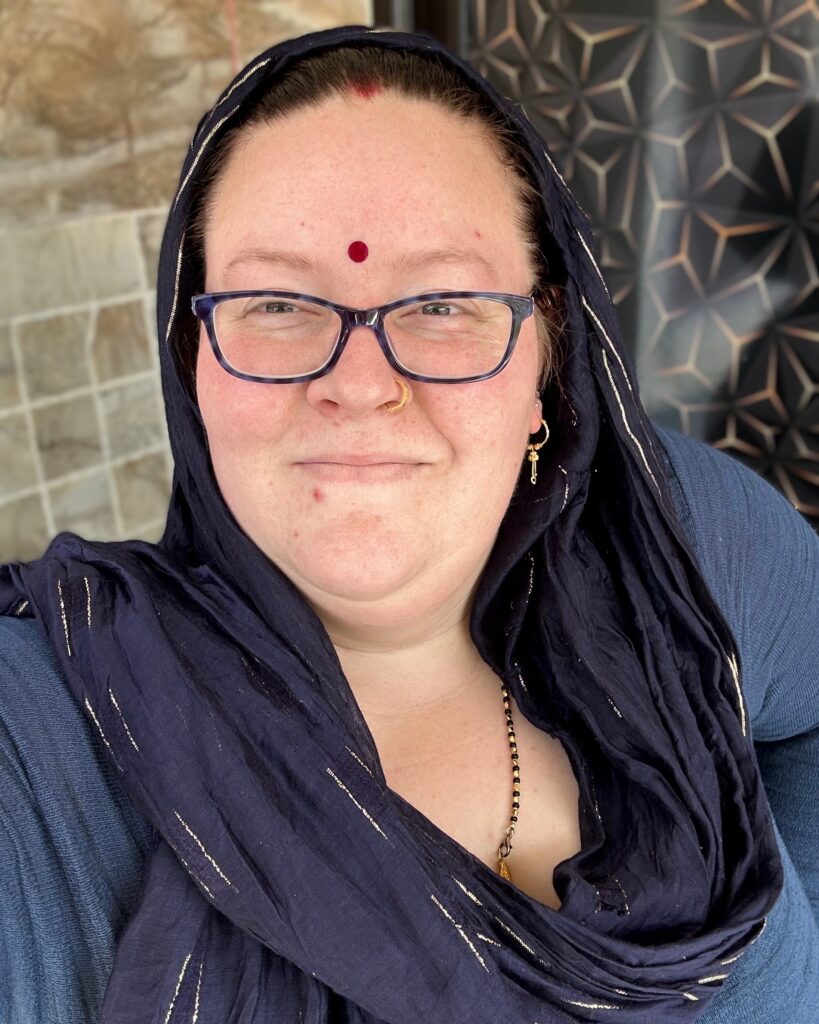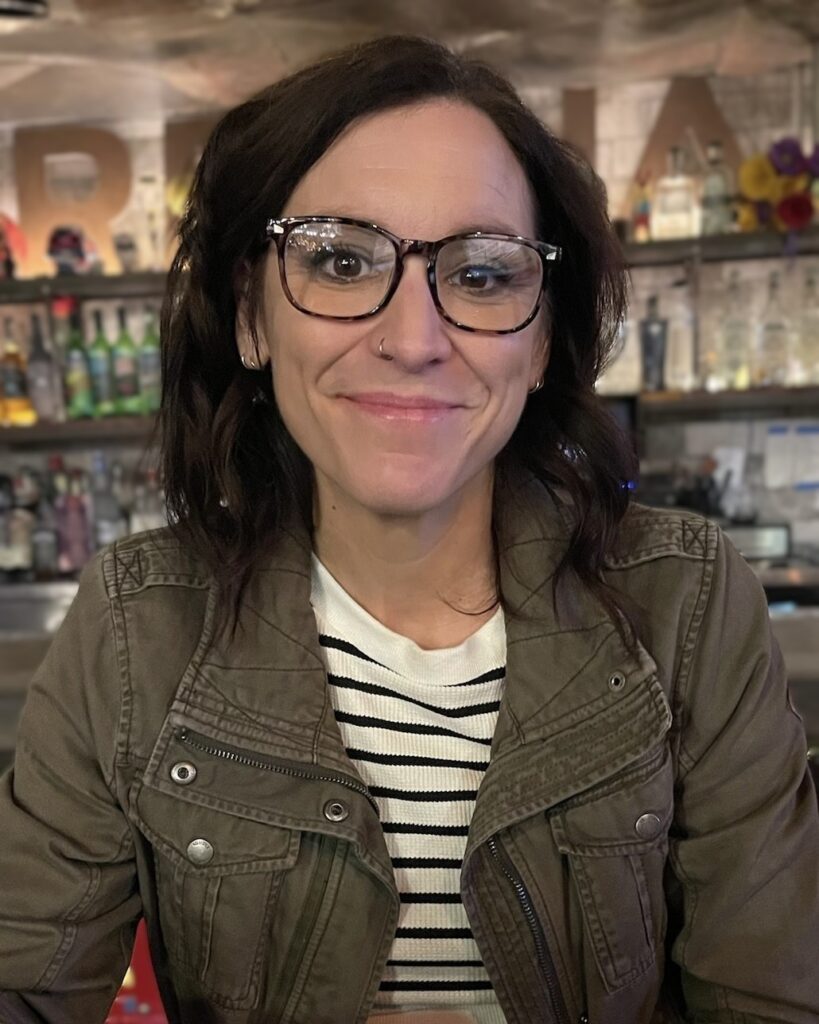Kenneth Gulotta
Twins
Kenneth gulotta
Twins
Martin and Ellen sat on the two examination tables, facing each other.
“We added a table to this room a couple of years back,” the doctor said. “We needed a double-exam room for twins and so on. Or for when a couple should be quarantined for some reason. It comes in more and more handy—people seem to be having more twins. We should set up a triple exam room, really.”
“Interesting,” Lee said. He was thinking about his wife Denise. She had always taken the kids to their check-ups; sometimes it had been the two of them together, but others, perhaps half of them, she had been the only parent in attendance.
Lee looked at Martin and Ellen; he forced himself to smile. “Just about done, guys. Right, Doc? Nothing to worry about. Almost time for ice cream.”
“Right,” the doctor said. “So, anything else? Questions, concerns?”
Martin said something unintelligible in a high-pitched tone to Ellen, and she answered. The doctor stared at them.
“Well, that, I suppose,” Lee said. “Though it’s really nothing, I guess. Nothing to worry about, anyway.”
“What was that?” the doctor asked, one side of his mouth curling up in a limp of a smile. “Some sort of private language, maybe?”
Lee shrugged. “Got me. They’ve been doing it since—well, for the last year.”
“Since your wife,” the doctor murmured.
“Yes. Since Denise.”
The children gazed stoically up at Lee, and then they turned to each other and briefly whirred through their rubbery warbles again.
“My,” the doctor purred.
“It’s nothing to worry about, right?” Lee croaked.
“Well, that’s my guess off the cuff,” the doctor said, stroking his chin with the tip of his right hand’s little finger. From the next finger, a heavy ring protruded. It was set with some sort of misshapen, square stone. Lee looked more closely at the stone: it appeared to be the outline of a state, one of the vaguely rectangular ones in the middle of the country. Some sort of school ring, class ring, whatever. Where he went to college, or perhaps medical school, Lee supposed. Suddenly the ring annoyed him. For some reason, it seemed to him unprofessional to wear such a thing when seeing patients. He didn’t know why he felt that way.
The doctor dropped his hand. “Still, I’d like to check it out,” he said. “If you don’t mind.” He bent and put his hands on his knees, beaming into the twins’ faces with a show of clownish cheer. “What do you think, guys? Would you like to talk into a microphone for me—talk to each other, but into a recorder, too? It’s fun—you get to hear your voices, and I bet you’ll be surprised. I’m always surprised when I hear a recording of my voice. Why, I don’t sound like me at all.” He straightened and looked at Lee. “Okay? I’d send it to one of my colleagues who specializes in this sort of thing. Just in case.”
“What—some sort of child psychologist?”
“Well, he does have a degree in psychology, but he’s also a neurologist. It’d be good to let him hear, I think, just in case there are any vocalizations he might recognize—if they’re exhibiting some form of tic, for instance.”
“Well, all right. If you think it’s best.”
“Okay, then. Come on, kids, let’s go to my office and get started.”
He led them from the examination room and down a long, pale green hallway. On the walls were prints of animals in situations normally reserved for humans—cats engaging in conversations over cups of coffee or tea, dogs sitting in a classroom, pigs watching what appeared to be a dissection in a medieval operating theater. Lee thought of the “Dogs Playing Poker” paintings that hung in so many bars and basements, the illustrations that divided people into two groups, those who thought they were funny and those who thought they were tacky. These prints were different. They bordered on nightmares—some forgotten stories by Lewis Carroll, perhaps. He took the twins’ hands and drew them near as they all followed the doctor down the hall.
*
Martin and Ellen were jumping on their separate twin beds, letting out a series of high beeps, and then tumbling onto the pile of blankets and pillows on the floor between them.
Lee stood in the doorway, watching them, wondering why they didn’t sing the song. Before everything, Denise used to pile the linens between the beds, stand just a step into the room, and sing it to them, lilting the words:
Two little monkeys jumping on their beds!
They fell off and bumped their heads!
Called Doctor Sharon and she said,
No more monkeys jumping on the beds!
Denise had always inserted their own doctor into the rhyme: Sharon Atwood, back in D.C., where they lived before he and the twins moved to Dallas and had to find a new doctor. Always the two monkeys, though, and then the kids tumbling into each other on the bedclothes. Lee had worried they would injure each other—break an arm, dislocate a finger—but they never did.
What happened to the rhyme, though? Why did they change it to these quick Morse beeps?
His cell phone buzzed somewhere off in the living room. “Be careful, now,” Lee said to the twins. “Don’t go knocking into each other’s head or anything.” He walked down the hallway to the living room, searched for the phone amongst the sofa cushions, and answered it.
On the other end of the line, someone cleared his throat, sniffed, and then spoke: “Mr. Parish?”
“Yes?” Lee said.
“This is Doctor Jordan. How are you?”
“Oh. I’m fine. Are you—is everything okay? The children’s blood work, it—”
“Yes, yes, everything’s fine there. Nothing to worry about. Excellent numbers, actually. We should all be so healthy.”
“Oh. So, okay. Great.”
“Yes. I did want to let you know those results, but I was also calling because I’ve heard back from my colleagues about that other issue. The thing with their voices. The thing you were asking about.”
“Yes, okay. Well, is everything okay there? Nothing to worry about?”
“I wouldn’t say worry. Let’s just say they had some interesting results when they analyzed the recording I sent them, and they’d like to arrange a time to perform some more in-depth tests.”
“Tests? What kind?”
“Oh, nothing to worry about. Nothing invasive. Just a neurological exam, maybe some scans.”
“Scans? Like, MRIs, or whatever?”
“That would be one possibility, yes. But, like I said, nothing invasive.”
“Well—but what—what are they looking for? What are they expecting to find?”
“Mr. Parish, they don’t expect to find anything. They just want to investigate a bit. They want to analyze further, not just listen to some digital recording I made on the fly in my office.”
“Okay, but what do they think is wrong? What did they find in the recording?”
“Nothing! Nothing wrong!”
“What’s the issue, then, with their voices, their little language with each other? What about that recording has made your people so all-fired-up to get hold of my kids?”
“Well, it’s simple, really, Mr. Parish. It’s that the children are speaking English.”
“What?”
“On the recording, Martin and Ellen are having a perfectly lucid, lengthy conversation in English.”
“Well, sure, when they spoke to you or me.”
“And with each other. The only difference is that their rate of speech increased when they talked to each other. Markedly. So much that we couldn’t understand them. But they understood each other perfectly. It’s obvious when you listen to the recording at a slower—much slower—speed.”
“I don’t—okay, what were they saying, then?”
“Oh, the transcript goes on for pages and pages. There’s too much, really, to—okay, well, here, let me read just a small excerpt to you.
“Ellen: We could just make stuff up. It doesn’t matter, really. They don’t understand us when we talk like this.
“Martin: Why bother? We can just keep talking about whatever we want.
“Ellen: I wonder why they don’t understand.
“Martin: Maybe they will one day. I wonder why it bothers them.
“Ellen: Daddy’s just worried. Ever since Mom.
“Martin: I guess that’s why all the doctors. The other kids don’t get all these check-ups. Not the ones at kindergarten. I asked.
“Ellen: Well, they never figured out what was wrong with Mom. He’s just trying to keep anything like that from happening to us.
“Now, Mr. Parish, even dismissing the general complexity of their conversation, which is frankly, stunning in two five-year-olds, what’s truly remarkable is that this excerpt, which took me, what? Forty-five seconds, a minute to read to you? They go through it in under two seconds. They talk to each other that quickly, they understand each other, and they make sense. And frankly, we just don’t know how. We don’t understand how they could be doing this. At a cognitive level, it’s—it’s just impossible.”
Lee sat on the arm of the sofa. He looked at the bulletin board he had moved from the old house and nailed to the wall here. He had thought of removing the old family pictures and notes from it, worrying that images of Denise, her scrawled thoughts, all the little references to her, might end up damaging the kids, just by reminding them of their loss day after day. Then he realized that he was thinking of himself, of his loss, and decided that it might be more traumatic for the kids if their mother disappeared entirely from their lives. So, everything was there, all the old pictures and cards, as well as the new ones he had added since her illness and death.
Lee looked at a recent picture of the twins, solemn, standing side-by-side before the new house, tucked above a family Christmas photo that had been taken before Denise’s illness: he and Denise each held a Santa-suit-clad baby as they knelt next to each other before an enormous Christmas tree. Looking at the picture, you really couldn’t tell the twins apart, but he knew—he was holding Ellen and Denise was holding Martin.
“Mr. Parish?” Doctor Jordan coughed.
“Yes, Doctor. I’m just—let me make sure I understand. You’re not saying there’s anything wrong with the twins. So, these tests won’t be for any illness, or condition, or syndrome or whatever.”
“No. Not on any specific level.”
“And you’re not thinking the twins are—that they have any sort of learning disability or anything.”
“Oh, no!” he blurted. Then he murmured, “Quite the opposite, I’d say.”
“So, you’re just—I don’t know, curious, I guess. You’re curious about their brains.”
“Well—of course, we’re curious—but we’re also—look, these tests, these studies will help you understand your children better.”
“I understand them fine, okay? They’re my kids. I understand everything I need to. As long as they’re healthy, and they’re not—missing out on anything, or whatever, that’s it. I don’t need to have them tested to understand them.”
“Okay, look, let me explain—”
“No, thank you. We’re done. Don’t bother calling here again—we’re going to another pediatrician. We’ve done plenty of research, so we have a—we have a cornucopia of goddamn doctors to pick from.”
“Mr. Parish, you’re making a—”
Lee pressed the End button on his phone. He sat on the arm of the sofa a few minutes more. Then he got up, went to the kitchen, and filled the kettle. He heated the water, poured some into a cup, and mixed a spoonful of instant coffee into it. He carried the cup back down the hall to the children’s room.
They had remade the beds. They were standing before their dresser, sorting through their clothing. They stacked some of it on top of the dresser and piled the rest on the floor. There were two piles of toys between the beds. Against the far wall, two stacks of books teetered.
“What—” Lee started, but he let the question trail off. He watched his children, efficient, precise, and swift, as they made their decisions about what they needed to carry with them.
Lee went back to the kitchen and set the cup down on the counter. He opened a drawer, dug through it, and pulled out a Philips-head screwdriver.
In the living room, he started with the upper-left corner of the bulletin board, twisting at the screws in the frame.
He had time. Martin and Ellen were ahead of him, but that was normal. Most of his stuff was still in boxes. That meant he probably didn’t need it.
Lee held the bulletin board in place with his left hand as he twirled the screwdriver with his right. The last screw came loose, clinging to the magnetic bit at the end of the screwdriver. The bulletin board started to slide. Lee dropped the screwdriver and caught the bottom of the board.
He carried it to the front door and leaned it against the wall in the hallway. He started walking to the kitchen, thinking of the brown folder with all the family documents—his social security card, the twins’ birth certificates, and so on—but then he remembered that it was still in the trunk of the car. He had left it there after bringing the twins to this new doctor.
He had a few other things to pack, true: razor, toothbrush, changes of clothes. Two minutes with a garbage bag and he would be done. But first he would check on the twins and make sure they had finished their preparations. His part was easy. If all that mattered was what he needed, they could leave right now. But he didn’t matter in this thing, whatever it was; really, in the full context of everything, comparatively, he supposed, he might not have ever mattered at all.
Kenneth Gulotta writes fiction and poetry. A technical writer by trade, he spends his days solving puzzles that involve communication, design, and coding. Kenneth has an MA in creative writing from UT-Austin and a PhD in English from Tulane University. He lives in New Orleans with his wife and stepson. He can be found at www.kennethgulotta.com.



